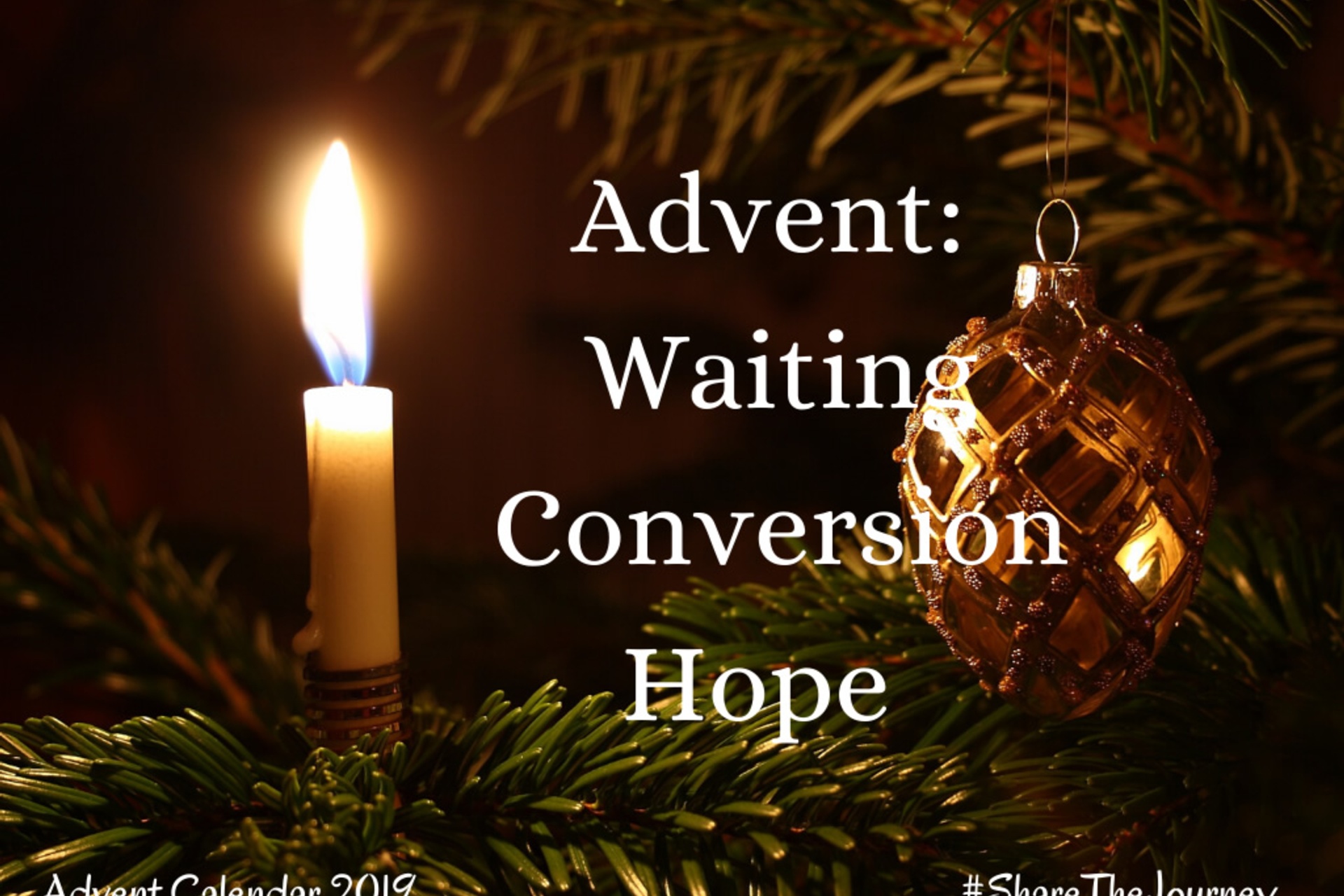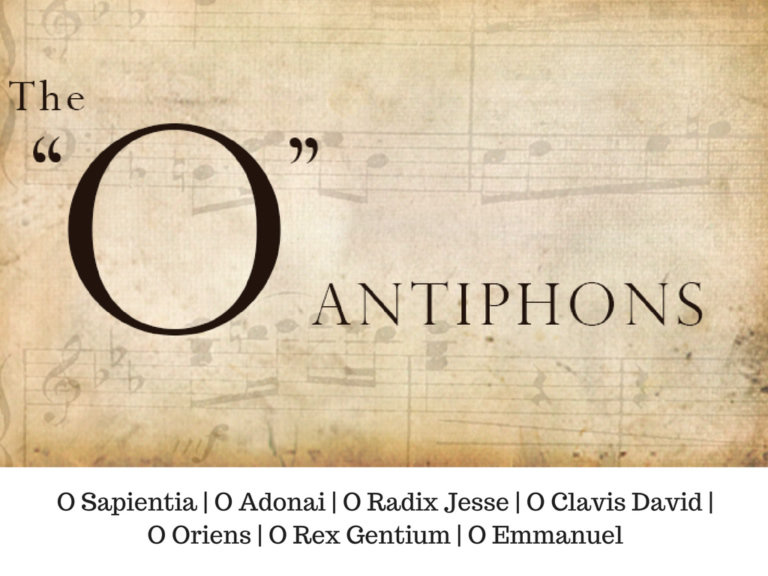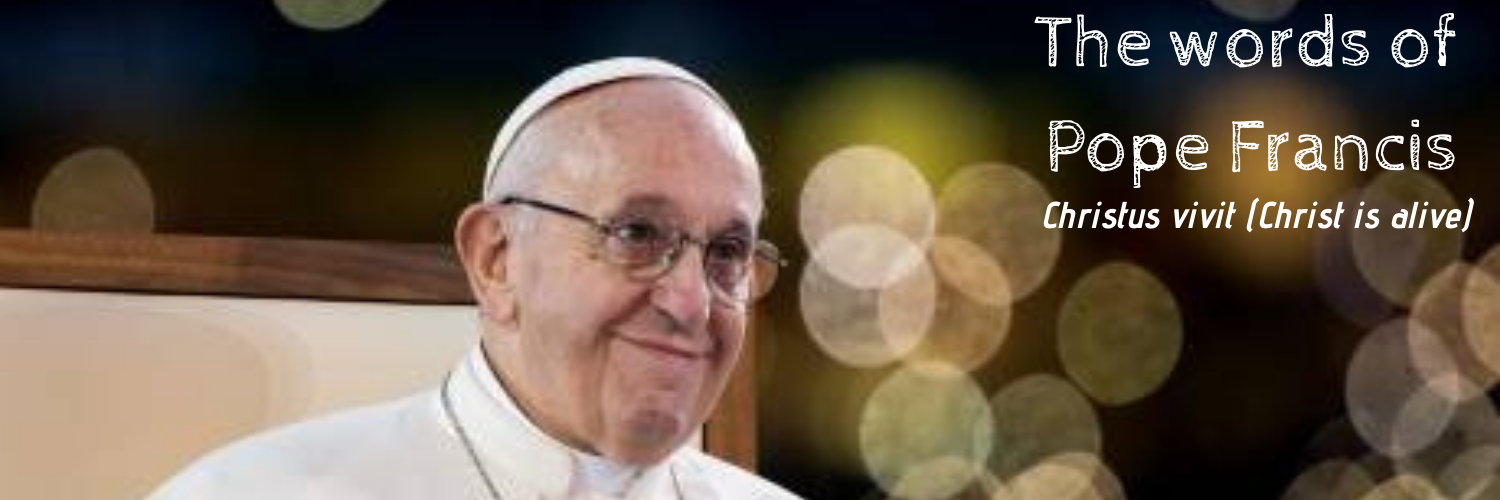
Pope Francis reflected on the feast of Christmas, which he said is filled with “the surprises of Jesus.”
Pope Francis’ catechesis on Christmas was focused on the idea of “surprises.” While the world insists on exchanging presents, the Holy Father asked, “what gifts and surprises would God want?”
Looking back at the first Christmas, the Pope said it was “full of surprises,” for Mary, for Joseph. From the Angel’s announcement of Mary’s pregnancy, to the Flight into Egypt, that first Christmas “brought unexpected changes” to their lives.
“But it was in the middle of the night of Christmas,” Pope Francis said, “that the biggest surprise of all arrived: The Most High is a little baby.” Christmas, he said, means celebrating the “unprecedented things of God,” or rather, “the unprecedented God.”
The Pope said that “doing Christmas” means “welcoming on earth the surprises of heaven.” It means helping the needy, as Jesus came down to help us in our neediness; trusting in God, as Mary did, even if we don’t understand his plans; rising up, as Joseph did, to accomplish God’s will, even if it means changing our own plans.
If, on the other hand, we prefer the usual, mondane celebrations, we risk doing Christmas wrong. “If Christmas remains [only] a beautiful traditional feast,” where the focus is on ourselves rather than Jesus, “it will be a lost opportunity,” the Pope said. “Please, don’t make Christmas worldly!”
And so, he explained, it will really be Christmas “if, like Joseph, we make room for silence; if, like Mary, we say ‘Here I am’ to God; if, like Jesus, we are close to those who are alone; if, like the shepherds, we go out of our enclosures to be with Jesus.”
“Dear brothers and sisters,” Pope Francis said in conclusion, “have a good Christmas, rich in the surprises of Jesus!”
Readings for Thursday of the Third Week of Advent
Jg 13:2-7, 24-25. Ps 70:3-6, 16-17, R/ cf v 8. Lk 1:5-25. www.catholicbishops.ie/readings
Samson and John are specially chosen messengers whose births are announced by an angel. Each of us is a messenger to tell the praise of God’s glory every day. ‘Root of Jesse, do not delay to come and save us.’
The “O Antiphons”

The “O Antiphons” refer to the seven antiphons that are recited (or chanted) preceding the Magnificat during Vespers of the Liturgy of the Hours. They cover the special period of Advent preparation known as the Octave before Christmas, December 17-23, with December 24 being Christmas Eve and Vespers for that evening being for the Christmas Vigil.
The exact origin of the “O Antiphons” is not known. Boethius (c. 480-524) made a slight reference to them, thereby suggesting their presence at that time. At the Benedictine abbey of Fleury (now Saint-Benoit-sur-Loire), these antiphons were recited by the abbot and other abbey leaders in descending rank, and then a gift was given to each member of the community. By the eighth century, they are in use in the liturgical celebrations in Rome. The usage of the “O Antiphons” was so prevalent in monasteries that the phrases, “Keep your O” and “The Great O Antiphons” were common sayings. We might conclude that in some fashion the “O Antiphons” have been part of our liturgical tradition since the very early Church.
The importance of “O Antiphons” is twofold: Each one highlights a title for the Messiah: O Sapientia (O Wisdom), O Adonai (O Lord), O Radix Jesse (O Root of Jesse), O Clavis David (O Key of David), O Oriens (O Rising Sun), O Rex Gentium (O King of the Nations), and O Emmanuel. Also, each one refers to the prophecy of Isaiah of the coming of the Messiah.
View video below here to listen to today’s Antiphon O Radix Jesse (O Root of Jesse).
Audio: Advent Thought for the Day

Each day during Advent we are bringing you an audio Thought for the Day on a different theme. Today’s Thought for the Day is from Bishop Denis Nulty, Bishop of Kildare and Leighlin and President of Accord Catholic Marriage Care Service CLG. In this piece Bishop Nulty reflects on the many pressures that young couples face especially at this time of year and highlights the wonderful work that Accord does with couples and families all year round.
Click below to listen to the audio.
The Words of Pope Francis

“Christ is alive! He is our hope, and in a wonderful way he brings youth to our world. The very first words, then, that I would like to say to every young Christian are these: Christ is alive and he wants you to be alive!”.
Thus begins the post-synodal Apostolic Exhortation, Christus vivit (Christ is alive) by Pope Francis published in April. This year’s Advent Calendar is featuring Pope Francis’ words from Christus vivit which he has addressed to young people , and to the entire People of God and published on 2 April 2019. In the document, the Pope explains that he allowed himself to be “inspired by the wealth of reflections and conversations of the Synod” on Young People, the Faith and Vocational Discernment which took place in the Vatican in October 2018.
Today’s excerpt is on young people and the digital environment:
The digital environment
86. “The digital environment is characteristic of the contemporary world. Broad swathes of humanity are immersed in it in an ordinary and continuous manner. It is no longer merely a question of ‘using’ instruments of communication, but of living in a highly digitalized culture that has had a profound impact on ideas of time and space, on our self-understanding, our understanding of others and the world, and our ability to communicate, learn, be informed and enter into relationship with others. An approach to reality that privileges images over listening and reading has influenced the way people learn and the development of their critical sense”.[39]
87. The web and social networks have created a new way to communicate and bond. They are “a public square where the young spend much of their time and meet one another easily, even though not all have equal access to it, particularly in some regions of the world. They provide an extraordinary opportunity for dialogue, encounter and exchange between persons, as well as access to information and knowledge. Moreover, the digital world is one of social and political engagement and active citizenship, and it can facilitate the circulation of independent information providing effective protection for the most vulnerable and publicizing violations of their rights. In many countries, the internet and social networks already represent a firmly established forum for reaching and involving young people, not least in pastoral initiatives and activities”.[40]
88. Yet to understand this phenomenon as a whole, we need to realize that, like every human reality, it has its share of limitations and deficiencies. It is not healthy to confuse communication with mere virtual contact. Indeed, “the digital environment is also one of loneliness, manipulation, exploitation and violence, even to the extreme case of the ‘dark web’. Digital media can expose people to the risk of addiction, isolation and gradual loss of contact with concrete reality, blocking the development of authentic interpersonal relationships. New forms of violence are spreading through social media, for example cyberbullying. The internet is also a channel for spreading pornography and the exploitation of persons for sexual purposes or through gambling”.[41]
89. It should not be forgotten that “there are huge economic interests operating in the digital world, capable of exercising forms of control as subtle as they are invasive, creating mechanisms for the manipulation of consciences and of the democratic process. The way many platforms work often ends up favouring encounter between persons who think alike, shielding them from debate. These closed circuits facilitate the spread of fake news and false information, fomenting prejudice and hate. The proliferation of fake news is the expression of a culture that has lost its sense of truth and bends the facts to suit particular interests. The reputation of individuals is put in jeopardy through summary trials conducted online. The Church and her pastors are not exempt from this phenomenon”.[42]
90. A document prepared on the eve of the Synod by three hundred young people worldwide pointed out that “online relationships can become inhuman. Digital spaces blind us to the vulnerability of another human being and prevent us from our own self-reflection. Problems like pornography distort a young person’s perception of human sexuality. Technology used in this way creates a delusional parallel reality that ignores human dignity”.[43] For many people, immersion in the virtual world has brought about a kind of “digital migration”, involving withdrawal from their families and their cultural and religious values, and entrance into a world of loneliness and of self-invention, with the result that they feel rootless even while remaining physically in one place. The fresh and exuberant lives of young people who want to affirm their personality today confront a new challenge: that of interacting with a real and virtual world that they enter alone, as if setting foot on an undiscovered global continent. Young people today are the first to have to effect this synthesis between what is personal, what is distinctive to their respective cultures, and what is global. This means that they must find ways to pass from virtual contact to good and healthy communication.
#LivingAdvent 2019

During Advent are sharing family prayers and suggestions for acts of kindness or charity that all of us are encouraged to undertake during the month of December. The Advent Calendar is also also offering tips on how families can care for our common home by having a more sustainable Christmas.
Advent Random Act of Kindness
Tell your family members that you love them. It’s a small world with big consequences but we often forget to tell the people around us that we love them.
Let’s Be Family – Act of Charity
Consider supporting persecuted Christians around the world through the work of agencies like Trócaire.
Advent Prayers
Our Prayer Intentions for the Day to Pray Together
1. For all who are suffering from the effects of war:
that God will give them strength and calm their fear.
2. For a spirit of hope this Advent Season;
that we may grow in our abiding trust that God is always with us
and will never abandon us.
Prayer of Hospitality
.png)
Advent Music
View video below to listen to the beautiful Gaudete – Introitus Dominica Tertia Adventus.



